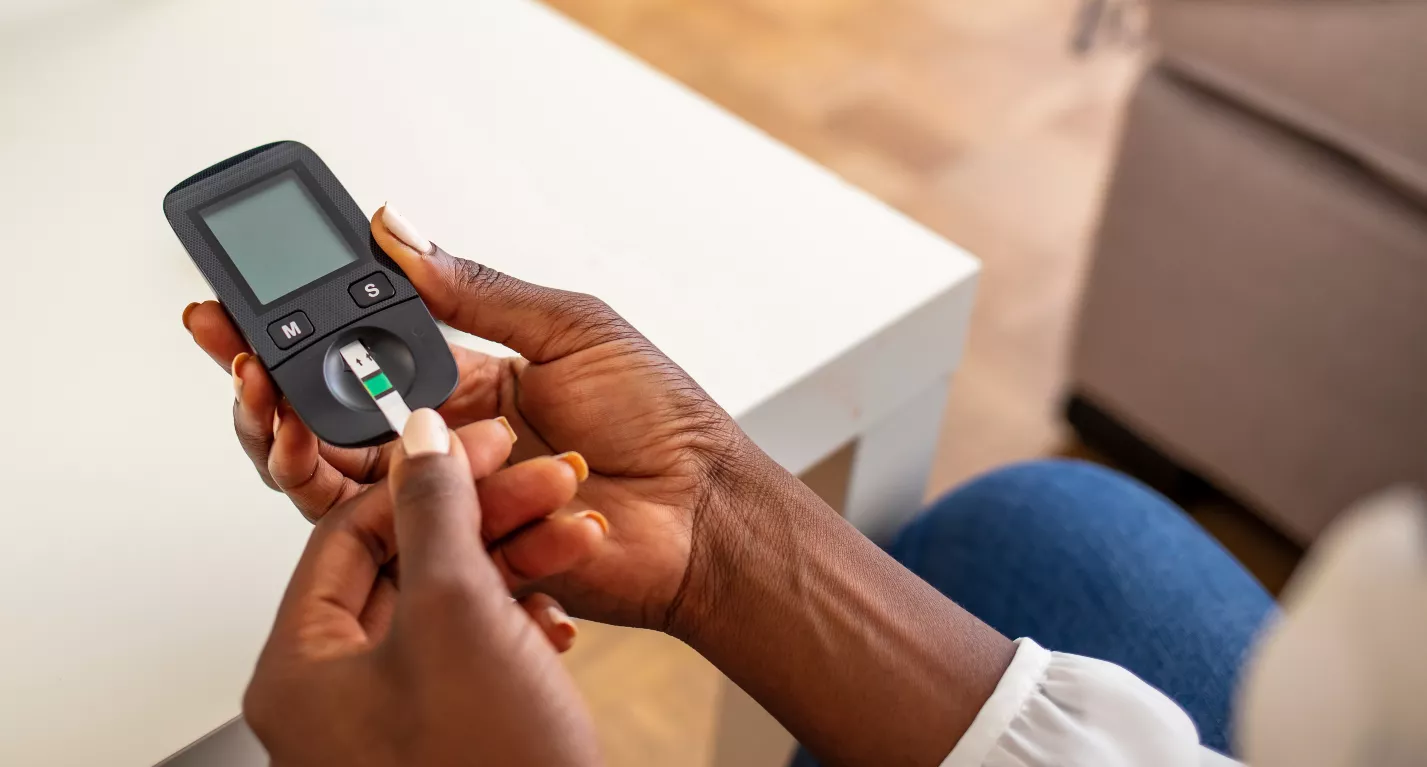
There are now 20,470 people under 40 living with a type 2 diagnosis in the South West and South Central regions. This Type 2 Diabetes Prevention Week, we have outlined our plan to 'stop the crisis in its tracks’.
Cases of younger people being diagnosed with type 2 diabetes in the UK are rising to alarming levels.
Our new report published this week, titled Reverse the Trend - Reducing type 2 diabetes in young people (PDF, 9,727KB), says the government faces ‘a generational opportunity’ to tackle the crisis with a range of measures, including addressing the factors causing obesity and health inequalities.
The report reveals there was an almost 40% increase in the number of people under the age of 40 living with a diagnosis of type 2 diabetes between 2016-17 and 2022-23. There are now almost 168,000 people under 40 with the condition in the UK, a rise of more than 47,000 since 2016-17, and the figures should come as a major wake-up call to policymakers.
Across the South West and South Central regions, there are 20,470 cases of people under 40 living with type 2 diabetes.
The charity’s report, published as part of Type 2 Diabetes Prevention Week (May 20-26) and launched at a reception at the Houses of Parliament this morning, calls for all political parties to commit to:
- Put the building blocks of health in place for every child and young person, including access to green space, affordable, healthy food, and quality housing;
- Improve our food environment, which is leading to obesity, by introducing the delayed restrictions on junk food advertising and expanding on the success of the Soft Drinks Industry Levy (sugar tax);
- Provide sustainable long-term investment in targeted support programmes for those most at risk of diabetes complications, to improve health outcomes and reduce inequalities.
Paul Sweet, 55, from Cornwall, was diagnosed with type 2 diabetes at 27. Diabetes complications started to affect him from 2019 when he had a blocked artery in his heart – and he has since spent time in hospital due to complications with his feet. Paul said:
“Type 2 diabetes really has a huge impact on you and the whole family. I'm quite fortunate to have my wife, Tina, but this has been really hard for her because she's not the best with hospitals. She's had to try and hold the house together and help with the children.
“But then you lose your money as well. I'm a self-employed bookkeeper. I’ve been employed before in various accountancy firms but with my illness, with my surgery, I've had to give up work, which is really tough.”
No one thing causes type 2 diabetes. It is caused by a combination of factors. These include genetics, age, bodyweight and where your body stores fat. The reasons someone develops it will be individual to them. For many people, the odds of getting type 2 diabetes are stacked against them.
People from the most deprived areas and people from Black and South Asian backgrounds are more likely to develop the condition. This inequity is exaggerated among younger adults. More than a third of adults under 40 with type 2 diabetes are from the most deprived parts of England.
Check your risk of type 2 diabetes by using the online Know Your Risk tool.
Find a local support group.
Find out how eating well and moving more can help delay or prevent a diagnosis: Reduce your risk of type 2 diabetes | Diabetes UK
